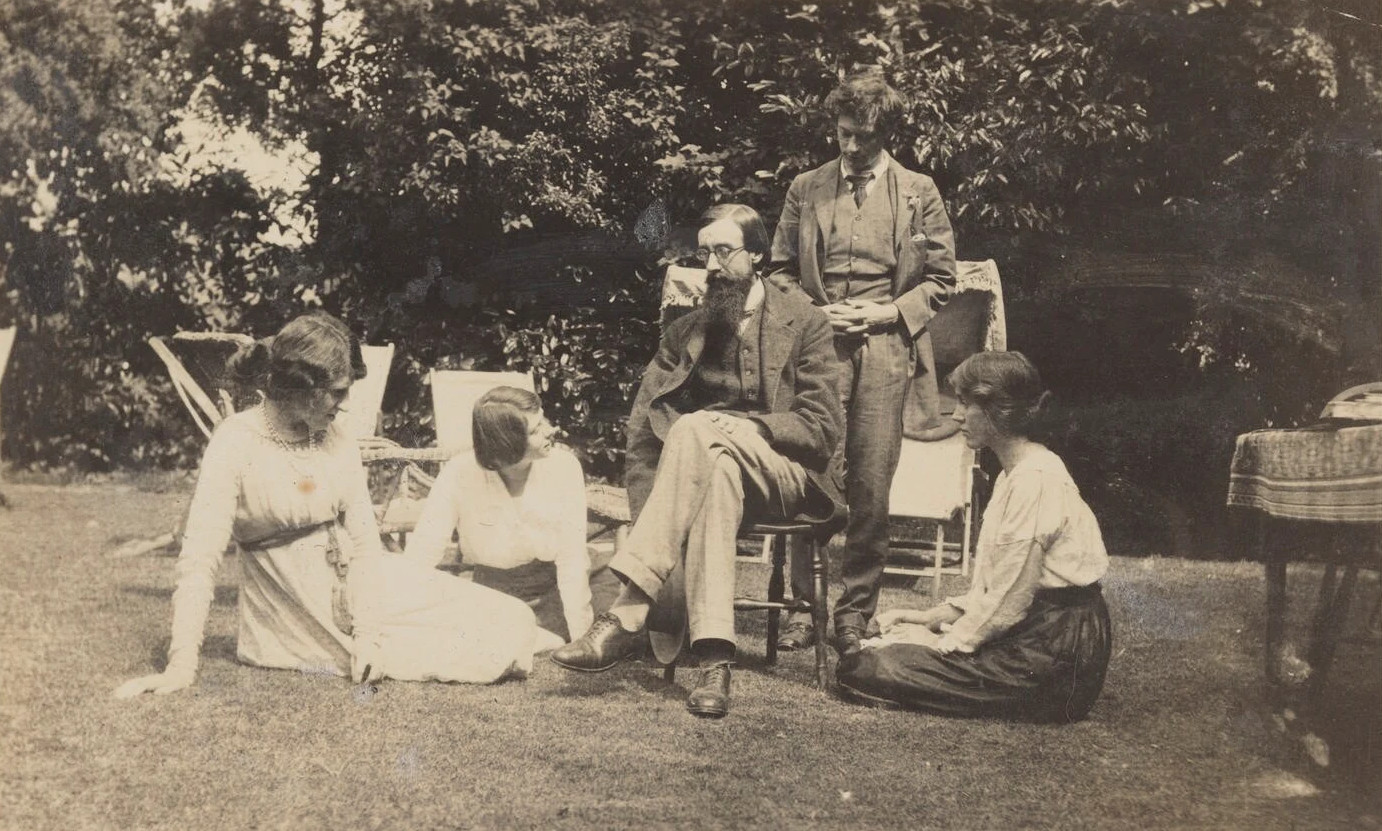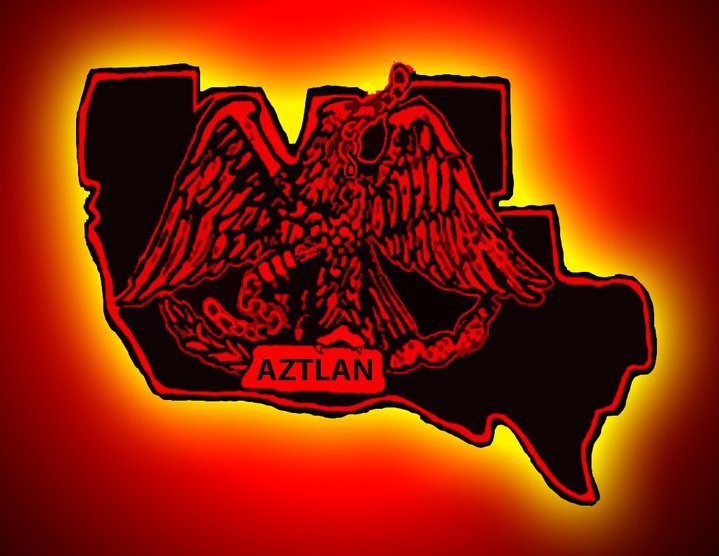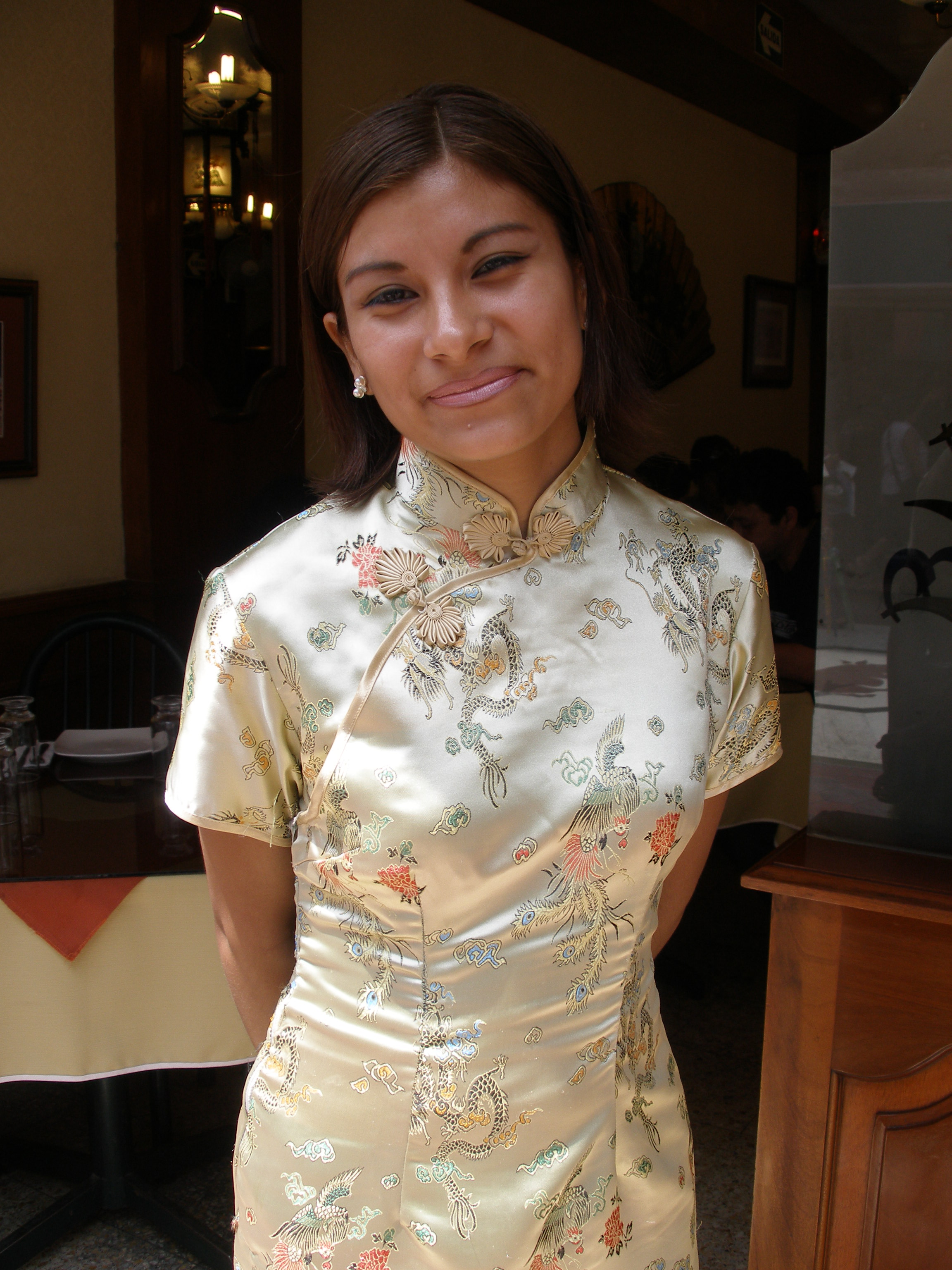|
National Union (Peru)
National Union (in Spanish: ''Unión Nacional'') was a political party in Peru. It was originally called the Radical Party (''Partido Radical'') by one of its founders Manuel González Prada, though the name seemed too confrontational to many in the party and thus it became known as the National Union. The party grew out of the Literary Circle and morphed into a political party in 1891. Support for the party was limited due to its basis on literature; many Peruvians were illiterate. Political views The party's main structure supported federalism, ''indigenismo'' and opposition to the existing oligarchy comprising the military and Civilista Party. One of the central reasons it formed was to create a party of ideas, avoiding the cult of personality that guided the more traditional parties. The party also called for greater European immigration to Peru. Such a stance seems to be a paradox because many of its members defended Peru's Quechua speaking citizens. The only way to underst ... [...More Info...] [...Related Items...] OR: [Wikipedia] [Google] [Baidu] |
Spanish Language
Spanish () or Castilian () is a Romance languages, Romance language of the Indo-European languages, Indo-European language family that evolved from the Vulgar Latin spoken on the Iberian Peninsula of Europe. Today, it is a world language, global language with 483 million native speakers, mainly in the Americas and Spain, and about 558 million speakers total, including second-language speakers. Spanish is the official language of List of countries where Spanish is an official language, 20 countries, as well as one of the Official languages of the United Nations, six official languages of the United Nations. Spanish is the world's list of languages by number of native speakers, second-most spoken native language after Mandarin Chinese; the world's list of languages by total number of speakers, fourth-most spoken language overall after English language, English, Mandarin Chinese, and Hindustani language, Hindustani (Hindi-Urdu); and the world's most widely spoken Romance language ... [...More Info...] [...Related Items...] OR: [Wikipedia] [Google] [Baidu] |
Political Party
A political party is an organization that coordinates candidates to compete in a particular area's elections. It is common for the members of a party to hold similar ideas about politics, and parties may promote specific political ideology, ideological or policy goals. Political parties have become a major part of the politics of almost every country, as modern party organizations developed and spread around the world over the last few centuries. Although List of countries without political parties, some countries have no political parties, this is extremely rare. Most countries have Multi-party system, several parties while others One-party state, only have one. Parties are important in the politics of autocracies as well as democracies, though usually Democracy, democracies have more political parties than autocracies. Autocracies often have a single party that Government, governs the country, and some political scientists consider competition between two or more parties to ... [...More Info...] [...Related Items...] OR: [Wikipedia] [Google] [Baidu] |
Peru
Peru, officially the Republic of Peru, is a country in western South America. It is bordered in the north by Ecuador and Colombia, in the east by Brazil, in the southeast by Bolivia, in the south by Chile, and in the south and west by the Pacific Ocean. Peru is a Megadiverse countries, megadiverse country, with habitats ranging from the arid plains of the Pacific coastal region in the west, to the peaks of the Andes mountains extending from the north to the southeast of the country, to the tropical Amazon basin rainforest in the east with the Amazon River. Peru has Demographics of Peru, a population of over 32 million, and its capital and largest city is Lima. At , Peru is the List of countries and dependencies by area, 19th largest country in the world, and the List of South American countries by area, third largest in South America. Pre-Columbian Peru, Peruvian territory was home to Andean civilizations, several cultures during the ancient and medieval periods, and has one o ... [...More Info...] [...Related Items...] OR: [Wikipedia] [Google] [Baidu] |
Manuel González Prada
Jose Manuel de los Reyes González de Prada y Ulloa (Lima, 5 January 1844 – Lima, 22 July 1918) was a Peruvian politician and anarchist, literary critic and director of the National Library of Peru. The first writer to criticize the oligarchy within Peru, he is well remembered as a social critic who helped develop Peruvian intellectual thought in the early twentieth century, as well as the academic style known as modernismo. He was born into the aristocratic class. He was close in spirit to Clorinda Matto de Turner whose first novel, ''Torn from the Nest'' approached political indigenismo, and to Mercedes Cabello de Carbonera, who like González Prada, practiced a positivism sui generis. Early life González Prada was born on 5 January 1844, in Lima to a wealthy, conservative, aristocratic Spanish family. His father was the judge and politician Francisco González de Prada Marrón y Lombrera, who served as Member of the Superior Court of Justice of Lima and Mayor ... [...More Info...] [...Related Items...] OR: [Wikipedia] [Google] [Baidu] |
Literary Circle
A literary circle or coterie, according to ''The Oxford Dictionary of Literary Terms'', is a "small group of writers (and others) bound together more by friendship and habitual association than by a common literary cause or style that might unite a school or movement. The term often has pejorative connotations of exclusive cliquishness". A literary circle differs from a writing circle, in that the latter usually includes only writers and the focus is on the process of writing. A literary circle also differs from a literary society, in that the latter need not contain any writers; members of a literary society come together to discuss or celebrate literary works or authors. Famous or noteworthy examples include: * Wilton Circle, UK, 16th-century group centred on Mary Sidney * The Muiderkring, Netherlands, early 17th century * Literary Salon, Argentina, 1830s, which included the President of Argentina, Domingo Faustino Sarmiento and Juan Bautista Alberdi, the main thinker behind ... [...More Info...] [...Related Items...] OR: [Wikipedia] [Google] [Baidu] |
Federalism
Federalism is a mode of government that combines a general level of government (a central or federal government) with a regional level of sub-unit governments (e.g., provinces, State (sub-national), states, Canton (administrative division), cantons, territorial, territories, etc.), while dividing the powers of governing between the two levels of governments. Two illustrative examples of federated countries—one of the world's oldest federations, and one recently organized—are Australia #Government and politics, Australia and Federated States of Micronesia, Micronesia. Johannes Althusius (1563–1638), is considered the father of modern federalism, along with Montesquieu. In 1603, Althusius first described the bases of this political philosophy in his ''Politica Methodice Digesta, Atque Exemplis Sacris et Profanis Illustrata''. By 1748, in his treatise ''The Spirit of Law'', Montesquieu (1689-1755) observed various examples of federalist governments: in corporate societies, i ... [...More Info...] [...Related Items...] OR: [Wikipedia] [Google] [Baidu] |
Indigenismo
() is a political ideology in several Latin American countries which emphasizes the relationship between the nation state and Indigenous nations and Indigenous peoples. In some contemporary uses, it refers to the pursuit of greater social and political inclusion for Indigenous peoples in Latin America, whether through nation-wide reforms or region-wide alliances. In either case, this type of seeks to vindicate Indigenous cultural and linguistic difference, assert Indigenous rights, and seek recognition and in some cases compensation for past wrongdoings of the colonial and republican states. Nevertheless, some historical figures like José Martí are classified as having been both indigenistas and hispanistas. Indigenismo in Mexico Originally, was a component of Mexican nationalism that consolidated after the Mexican Revolution. This lauded some aspects of Indigenous cultural heritage, but primarily as a relic of the past. Within the larger national narrative of the Mexican ... [...More Info...] [...Related Items...] OR: [Wikipedia] [Google] [Baidu] |
Oligarchy
Oligarchy (; ) is a form of government in which power rests with a small number of people. Members of this group, called oligarchs, generally hold usually hard, but sometimes soft power through nobility, fame, wealth, or education; or through corporate, religious, political, or military control. Throughout history, power structures considered to be oligarchies have often been viewed as coercive, relying on public obedience or oppression to exist. Aristotle pioneered the use of the term as meaning rule by the rich, contrasting it with aristocracy, arguing that oligarchy was a corruption of aristocracy. Types Minority rule The consolidation of power by a dominant minority, whether religious or ethnic, can be considered a form of oligarchy. Examples include South Africa during apartheid, Liberia under Americo-Liberians, the Sultanate of Zanzibar, and Rhodesia. In these cases, oligarchic rule was often tied to the legacy of colonialism. In the early 20th ... [...More Info...] [...Related Items...] OR: [Wikipedia] [Google] [Baidu] |
Civilista Party
The Civilista Party (, PC) was a political party in Peru. History Founded as a countermeasure against the growing power of the military in Peru during the first half of the Republic, the party's sole purpose was to establish a civilian rule in the country. This, however, did not prevent them from creating political alliances with the military during its first years of existence. Founded in 1872, the party's first candidate was its founder, Manuel Pardo, who was elected on August 2, 1872. During the 1870s, economic growth and a certain degree of political stability had laid the conditions for creating the country's first political party. It was also a new era of international trade, business, and finance that Peru was benefiting from. Some believed that this era required the managerial skills that an educated and professional ''Elite'' could provide and believed Manuel Pardo was apt for this job. The Civilista Party was first primarily composed of the newly rich merchants, pla ... [...More Info...] [...Related Items...] OR: [Wikipedia] [Google] [Baidu] |
Europe
Europe is a continent located entirely in the Northern Hemisphere and mostly in the Eastern Hemisphere. It is bordered by the Arctic Ocean to the north, the Atlantic Ocean to the west, the Mediterranean Sea to the south, and Asia to the east. Europe shares the landmass of Eurasia with Asia, and of Afro-Eurasia with both Africa and Asia. Europe is commonly considered to be Boundaries between the continents#Asia and Europe, separated from Asia by the Drainage divide, watershed of the Ural Mountains, the Ural (river), Ural River, the Caspian Sea, the Greater Caucasus, the Black Sea, and the waterway of the Bosporus, Bosporus Strait. "Europe" (pp. 68–69); "Asia" (pp. 90–91): "A commonly accepted division between Asia and Europe ... is formed by the Ural Mountains, Ural River, Caspian Sea, Caucasus Mountains, and the Black Sea with its outlets, the Bosporus and Dardanelles." Europe covers approx. , or 2% of Earth#Surface, Earth's surface (6.8% of Earth's land area), making it ... [...More Info...] [...Related Items...] OR: [Wikipedia] [Google] [Baidu] |
Immigration To Peru
Immigration to Peru has historically consisted of multiple migrations. Prior to Peru's independence in 1824, there was the movement of Spaniards and Africans to Peru as a result of colonization and slavery. After Peru's independence, there was the creation of the Immigration Law of 1849 as well as the eventual inclusion of other migrant populations. In 2005, the UN put the number of immigrants in Peru at 42,000, which accounted for less than 1% of its population. However, a more recent report from the Peruvian Directorate of Migrations has put the number at 64,303. The largest group of foreign residents is from Argentina, which accounts for about 14% of the total with over 9000 Argentineans living in Peru. Immigrants from the United States make up just over 9% of the total with 5,800 US citizens now residing in Peru. Other large groups of immigrants in Peru include Chileans, Bolivians, Colombians, Brazilians, Uruguayans, Spanish and Chinese. The majority of foreign residents ... [...More Info...] [...Related Items...] OR: [Wikipedia] [Google] [Baidu] |
Quechua Languages
Quechua (, ), also called (, 'people's language') in Southern Quechua, is an indigenous language family that originated in central Peru and thereafter spread to other countries of the Andes. Derived from a common ancestral " Proto-Quechua" language, it is today the most widely spoken pre-Columbian language family of the Americas, with the number of speakers estimated at 8–10 million speakers in 2004,Adelaar 2004, pp. 167–168, 255. and just under 7 million from the most recent census data available up to 2011. Approximately 13.9% (3.7 million) of Peruvians speak a Quechua language. Although Quechua began expanding many centuries before the Incas, that previous expansion also meant that it was the primary language family within the Inca Empire. The Spanish also tolerated its use until the Peruvian struggle for independence in the 1780s. As a result, various Quechua languages are still widely spoken today, being co-official in many regions and the most spoken language in ... [...More Info...] [...Related Items...] OR: [Wikipedia] [Google] [Baidu] |






